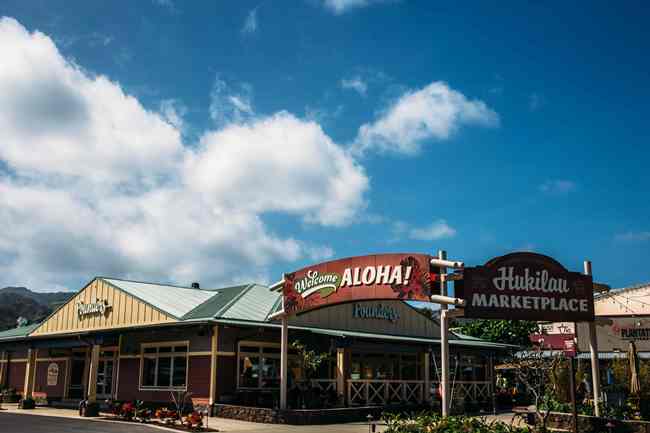
‘Old Hawaii’ Lives Again in Lāʻie
By Joe Kukura
The most up-and-coming town in Hawaii is not even a town. It’s a little sweet spot called Lāʻie (pronounced “lah-ee-yay”), a culturally rich coastal community in the North Shore of Oahu.
Oahu is that Hawaiian island known for the big tourist spots of Honolulu and Waikiki Beach—and Lāʻie couldn’t be any more different. Lāʻie trades the hustle and bustle of constant commerce for a more laid-back, vintage Hawaiian paradise feel. When you see the sea turtles wandering the same beach where you’re sunbathing, you know you’ve found an awesome little remote getaway spot in Hawaii.
Lāʻie is not an incorporated city or township; it’s just a beautiful community that has traditionally been best known being a sanctuary ‘city of refuge’ in ancient times and for its sugar plantations in the 19th Century. But that’s all different now. Lāʻie is already home to the Polynesian Cultural Center, one of the most visited spots in Hawaii. Now Lāʻie has opened the Hukilau Marketplace, a vibrant plaza with dozens of stores and restaurants that puts little Lāʻie on the map.
Yet the more things change, the more they stay the same. Every store, shop and restaurant in the Hukilau Marketplace is an homage to Hawaiian history and culture. This is vintage 1950s-era Hawaii at its finest, with Polynesian art, tiki souvenirs, island home décor, Hawaiian jewelry and clothing, and, of course, traditional island food. Rather than burying Hawaiian history and culture, the Hukilau Marketplace celebrates it proudly.
Many of the stores are named for and inspired by significant figures in Hawaiian history. Goo’s Plantation Store is a general store celebrating one of Lāʻie first shop owners, Charlie Goo. Nona’s Tropical Threads celebrates Lāʻie’s legendary seamstress Aunty Nona Warner. And football fans will appreciate that the Polynesian Football Hall of Fame opened at the Hukilau Marketplace in January 2015.
For a small place, Lāʻie has a big, big history. In fact, the steel guitar was invented in Lāʻie—by accident, when Lāʻie musician Joseph Kekuku dropped a metal comb onto a standard guitar. The “hang loose” surfer sign, known to Hawaiians as the shaka, also originates in Lāʻie. Though it’s an homage to renowned fisherman Hamana Kalili, who lost three fingers in a plantation accident, the shaka has become the Hawaiian nonverbal shorthand saying, “Relax, everything’s alright.”
You won’t have any trouble relaxing in Laie, a community recognized for its calm, laid-back lifestyle. When you’re in Hawaii, head up the Kamehameha Highway to visit Lāʻie, far from the tourist crowds and home to the true Hawaiian experience.
This article is brought to you by the Polynesian Cultural Center—all of Polynesia in one place. Click here to register for tours, luaus and special packages. Book tickets 10 days in advance and receive 10 percent off!

Recent Comments